Introduction to 40ft Skeleton Container Trailers
In the realm of freight transportation and logistics, the 40ft skeleton container trailer stands out as a vital asset for various shipping needs. Known for its ability to streamline operations, this type of semi-trailer is designed to carry containers efficiently while maximizing space and reducing overall weight. With the rising demand for intermodal transport solutions, understanding the structural elements, benefits, and operational capabilities of a skeleton container trailer becomes crucial for logistics companies and freight operators.
What is a Skeleton Container Trailer?
A skeleton container trailer is a specialized type of semi-trailer designed to transport intermodal containers. Characterized by its minimalistic design, it primarily consists of a chassis capable of carrying a 20ft or 40ft container. The skeletal frame allows for easy loading and unloading while ensuring stability and strength during transit. Such trailers are particularly advantageous for international shipping, providing a seamless connection between sea, rail, and road transport.
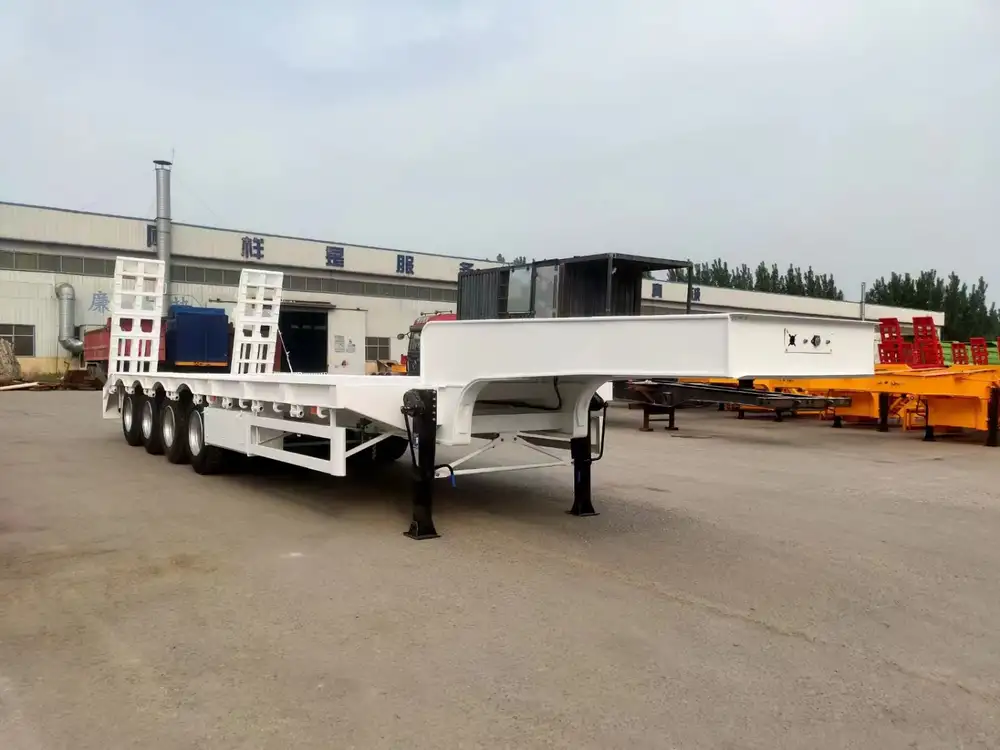
Key Features of 40ft Skeleton Container Trailers
| Feature | Description |
|---|---|
| Length | 40ft – accommodates both 20ft and 40ft containers |
| Weight Capacity | Typically between 30,000 to 40,000 lbs, depending on specs |
| Material | Usually made from high-strength steel or aluminum |
| Axles | Commonly equipped with two to three axles for stability |
| Bed Height | Lower bed height allows for easy loading and unloading |
| Suspension System | Air or mechanical suspension for a smoother ride |
| Tare Weight | Lightweight design maximizes payload capacity |
Benefits of Using 40ft Skeleton Container Trailers
As logistics and shipping companies seek to enhance their operational efficiency, the advantages of utilizing 40ft skeleton container trailers become increasingly evident.
1. Enhanced Load Capacity
The design of skeleton trailers allows for efficient transportation of containers without the added weight of walls and sides, enabling operators to maximize payload. This increased capacity can lead to higher revenue per trip.
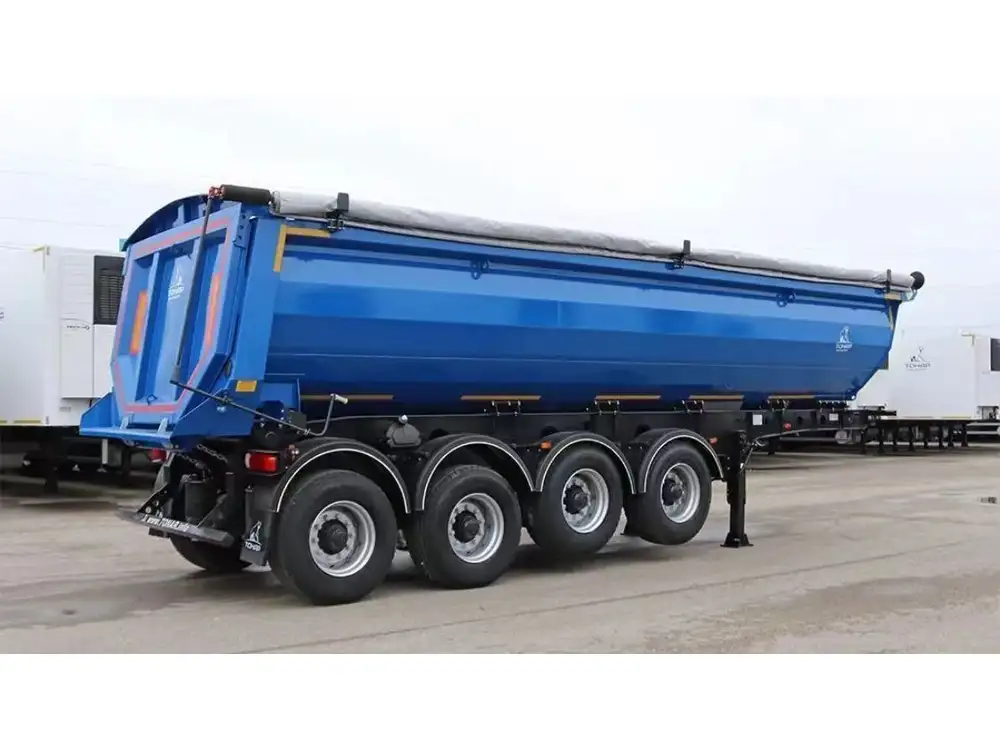
2. Simplified Loading and Unloading
The open structure of skeleton trailers streamlines the loading process. With access from all sides, freight handlers can quickly load and secure containers, reducing turnaround times at docks or loading yards.
3. Versatility Across Different Modes of Transport
With intermodal freight transport becoming more prevalent, skeleton container trailers enable easy transfer between ships, trains, and trucks. Their compatibility with different transport modes minimizes delays and maximizes efficiency at every stage of logistics.
4. Cost Efficiency
From fuel savings due to a lighter tare weight to the ability to carry more cargo, businesses can achieve substantial cost savings over time. The longevity of high-quality skeleton trailers also contributes to lower maintenance costs.
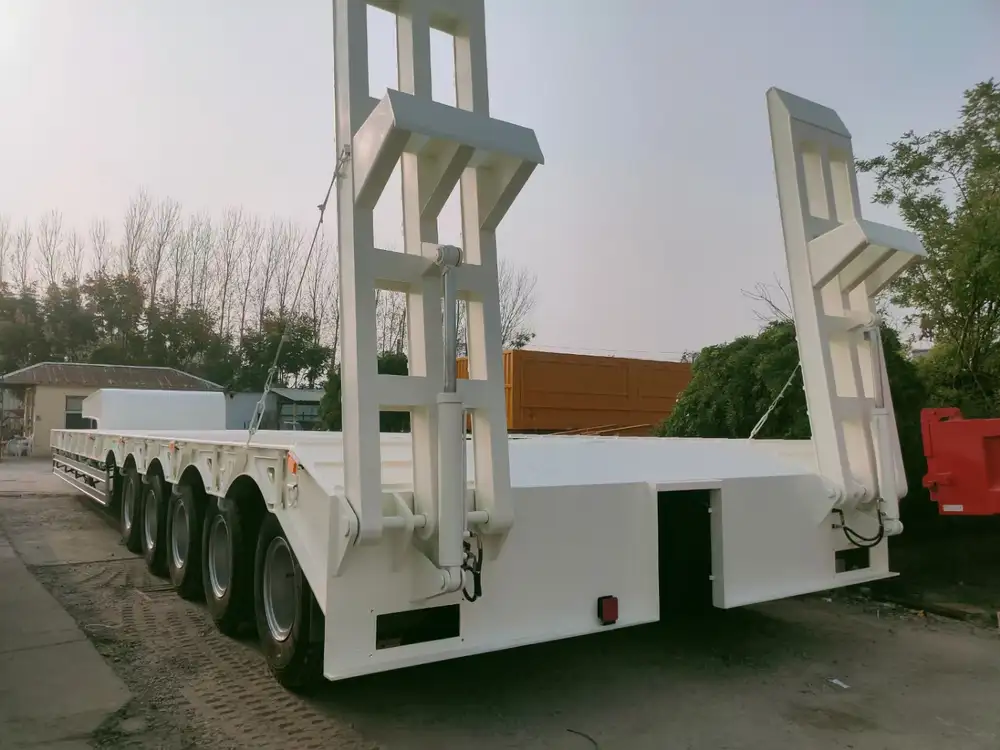
5. Durability and Reliability
Constructed with robust materials, these trailers are built to withstand harsh transportation conditions. Their design allows for considerable flexibility while maintaining structural integrity, making them a reliable choice for long hauls.
Operational Excellence in Logistics: The 40ft Skeleton Advantage
Efficient logistics operations are contingent upon the seamless flow of goods from one point to another. A 40ft skeleton container trailer plays a pivotal role in maintaining this efficiency.
Real-World Applications
Consider the following scenarios to elucidate how a skeleton container trailer operates effectively in different environments:
| Scenario | Explanation |
|---|---|
| Port Operations | Rapid loading/unloading of cargo from ships to trucks |
| Rail Freight | Loading onto rail cars for efficient long-distance transport |
| Last-Mile Delivery | Use of skeleton trailers for flexible transport to urban environments |
| Intermodal Transfers | Seamlessly transferring containers between different modes of transport |
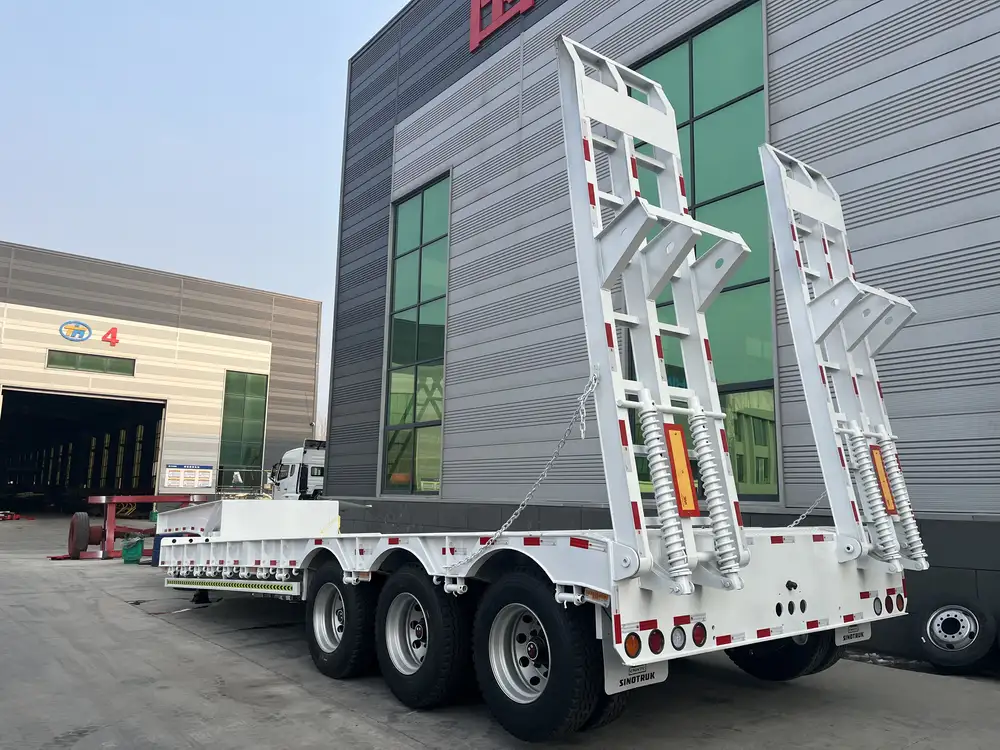
Maintenance and Safety Considerations
To ensure the longevity and optimal performance of 40ft skeleton container trailers, adherence to regular maintenance schedules is critical. Here are some essential tips to keep in mind:
Routine Inspections
Conducting regular inspections of the trailer’s structural integrity, including the chassis and suspension system, will help identify potential issues before they escalate. Special attention should be paid to:
- Brakes: Ensure brakes are in good working condition for safety.
- Wheels and Tires: Adequate tire pressure and tread depth contribute to better handling and fuel efficiency.
- Electrical Systems: All lights, signals, and electronic components should operate correctly.
Load Distribution and Securing Cargo
To prevent accidents or trailer sway, proper load distribution and securing cargo is imperative. Make sure that the weight is evenly distributed across the axles, and always use the appropriate securing tools to minimize movement during transit.

Safety Features to Consider
Selecting a 40ft skeleton container trailer with enhanced safety features can significantly reduce the risk of accidents. Essential safety features include:
- Anti-lock Brake Systems (ABS): Helps prevent wheels from locking up during braking.
- Side Markers and Reflective Tape: Increases visibility during low-light conditions.
- Rollover Prevention Mechanisms: Reduces the risk of the trailer rolling over while loaded.
Economic Considerations: The Cost of 40ft Skeleton Container Trailers
Investing in a 40ft skeleton container trailer proves beneficial in the long run but understanding initial purchase costs is crucial.
Initial Investment and Financing Options
| Type | Price Range |
|---|---|
| New Trailers | $25,000 – $50,000 |
| Used Trailers | $15,000 – $30,000 |
| Leasing Options | Monthly payments are variable based on terms |
Purchasing considerations may include:
- Manufacturer Reputation: Opt for reputable manufacturers who provide warranties and superior customer service.
- Customization Needs: Depending on specific operational requirements, a customized trailer may prove beneficial.
- Financing Programs: Explore loans, leases, or financing options that may be available through manufacturers.
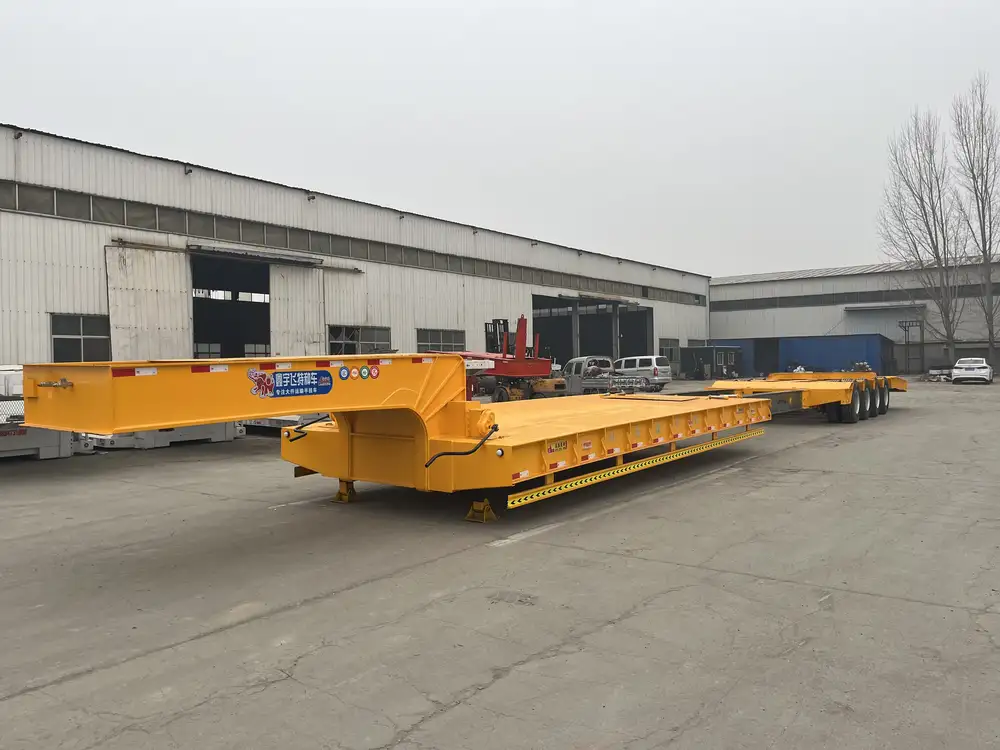
Conclusion: Maximizing Efficiency with 40ft Skeleton Container Trailers
The 40ft skeleton container trailer proves to be a game-changer in freight transportation, offering a blend of efficiency, reliability, and cost-effectiveness. By leveraging its benefits, companies can enhance their logistics operations and improve their bottom line. As the demand for intermodal transport solutions continues to grow, investing in innovative trailer designs like the skeleton container will ensure that businesses remain competitive in the evolving landscape of global trade.
Frequently Asked Questions (FAQs) about 40ft Skeleton Container Trailers
What types of containers can be transported with a 40ft skeleton trailer?
- The 40ft skeleton trailer can accommodate both 20ft and 40ft intermodal containers.
Are skeleton trailers suitable for long-distance travel?
- Yes, skeleton trailers are designed for highway use and can be utilized for long-distance travel effectively.
What maintenance is required for a skeleton container trailer?
- Regular inspections of the axle, brakes, and structural integrity are essential for safe operation.
Can I customize my trailer for specific needs?
- Many manufacturers offer customization options to meet specific operational requirements.
How can I ensure safety while using a skeleton trailer?
- Regular inspections, proper load distribution, securing cargo, and utilizing safety features are crucial for safe operations.
By keeping these insights and strategies in mind, we can confidently approach the future of freight transport with efficiency and reliability at the forefront. The skeleton container trailer not only represents a logistical asset but a commitment to advancing operational capacity and facilitating global commerce.



